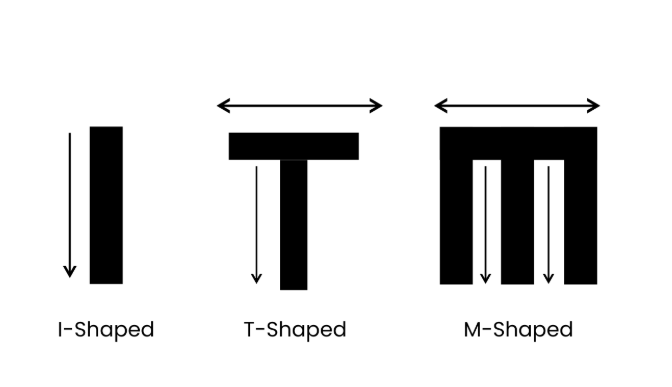
The Power of Naivete
Can’t. This one word can kill innovation before it even begins. As soon as you believe something can’t be done, it can easily become a self-fulfilling prophecy.
Because of this, the most creative, innovative problem solvers are often both naive and dilettantes.
Dilettantes are “passionately curious,” as Albert Einstein claimed to be, about the world in its many facets and have developed a broad base of knowledge to draw from, but their knowledge doesn’t necessarily go terribly deep. Because of curiosity, dilettantes skim the surface of many subjects but, almost by definition, have holes in both knowledge and understanding.
Naivete, on the other hand, comes when you wade into a pool of unknown depth and can’t swim; you are most certainly naive and probably a little nuts. But at least you will venture into the pool.
When it comes to innovation, if you’re a naive dilettante, you see the pool but are not intimidated by the unknown depth, so you just jump in. In problem-solving, you know enough to come up with solutions but not so much that you immediately see all the reasons those solutions “can’t” work.
With a little bit of naivete, the realm of possibility opens wide. We’ve seen it firsthand here at PCDworks.
Naivete in Action: From Impossible to Possible
One of the companies we incubated developed a scheme to repurpose old oil and gas wells into “gravity batteries.” We worked with the founders to design their system, which involves lifting and lowering a heavy weight to store potential energy that can be converted to electricity when the weight is dropped.
One of the problems we faced was that we needed the weight to move at an optimum, rather slow rate when it was being dropped, to generate electricity. Our co-founder Mike Rainone, a self-professed naive dilettante, knew that a gear train (a collection of gears linked together) had to be a solution to changing the rotational speed of the lowering mechanism, perhaps at one meter per second (slow) to a higher speed (fast) that would generate proper waveforms for the grid. With a planetary gearbox, such an increase in rotational speed is possible.
However, our engineers, with a better understanding of the physics behind gearboxes, were quick to correct him. A single planetary gear would not do that; a multi-stage planetary gearbox would be required. They also took great pains to tell him that there is no free lunch when it comes to energy, friction, and efficiency. They pointed out, with the mathematical analysis, that with a typical Chinese-made multi-stage planetary gearbox, because of the frictional losses, the efficiency is only about 60 percent, so that gear train wouldn’t be a viable solution.
Right now, Mike’s naivete probably seems like a weakness, not a strength, but the story doesn’t end here. With some more research and digging, we discovered German gearboxes where the gear faces are ground so accurately that they remove a significant part of the friction. These gearboxes have an efficiency of above 90 percent. All of a sudden, the solution became feasible. And it all started with naivete.
Don’t Assume It Can’t Be Done
Had Mike been a degreed engineer, conditioned by professors and industry, to “know” what was impossible, this solution may never have come to the surface. Just like our engineers, he would have thought, Oh, that can’t work, and we wouldn’t have explored the idea further. Thankfully, because of his naivete, he didn’t know enough to know that his proposed solution was “impossible.”
A little naivete removes your biases and keeps you open to possibilities. As Mike says, “Don’t tell me why it can’t work; tell me five ways it could work. Even if those solutions are not feasible right now, they could be in the future. Technology is always advancing, and the impossible can become possible.” That’s exactly what happened with the gearbox.
Now, this won’t be the case every time. Being a naive dilettante can also lead to impractical, impossible ideas. At the end of the day, reality (and physics) will win out. However, in the ideation stage, it is better to be naive and widely assume that most problems can be solved. Not every idea will be a winner, but that’s okay. You just need one viable solution, and you don’t want to miss out on it because you assume it can’t work.
So don’t assume it can’t be done. Embrace the power of naivete. When you don’t know everything (and none of us do), you don’t know what’s impossible, and that’s a good thing.

